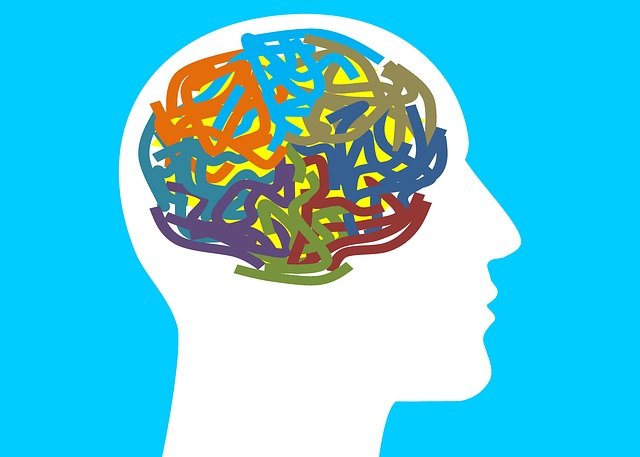
Neuropathy is a disease of one or more peripheral nerves that causes numbness, pain and weakness.
It is the second most common neurological condition after headaches, and currently it affects more than 20 million Americans.
Here are six things that can cause neuropathy:
Diabetes
Diabetes is the most common culprit, causing about half of all neuropathy cases.
Treatment of diabetes can slow the progression of neuropathy and also help people with other health problems related to diabetes.
The health problems include eyesight complications, kidney problems, strokes and heart attacks.
Kidney failure
The most common reasons for kidney failure are diabetes and high blood pressure. There is no easy fix for kidney failure. This means the neuropathy caused by kidney failure could worsen over time.
Chemotherapy
Chemotherapy may cause neuropathy. But as long as you don’t need that same chemotherapy again, the neuropathy will not get worse.
Alcohol
Too much alcohol can cause neuropathy.
Research has shown that drinking is the second-leading cause of neuropathy, so reducing alcohol drinking is the best way to reduce neuropathy.
If you abstain from alcohol, your neuropathy shouldn’t get any worse.
Vitamin deficiency
Some vitamins are very important for nerve health, such as vitamin B12 and vitamin E. Deficiency of these nutrients may lead to neuropathy. A healthful diet can help solve the problem.
Family history
Several neuropathies are inherited, or run in families. One of these is Charcot-Marie-Tooth disease, a disorder of the peripheral nerves, caused by changes, or mutations, in a person’s genetic material.
If you have neuropathy, you should know that help is within reach. This includes several medications and healthy lifestyle behaviors.
Source: Michigan Medicine.
Copyright © 2018 Knowridge Science Report. All rights reserved.



